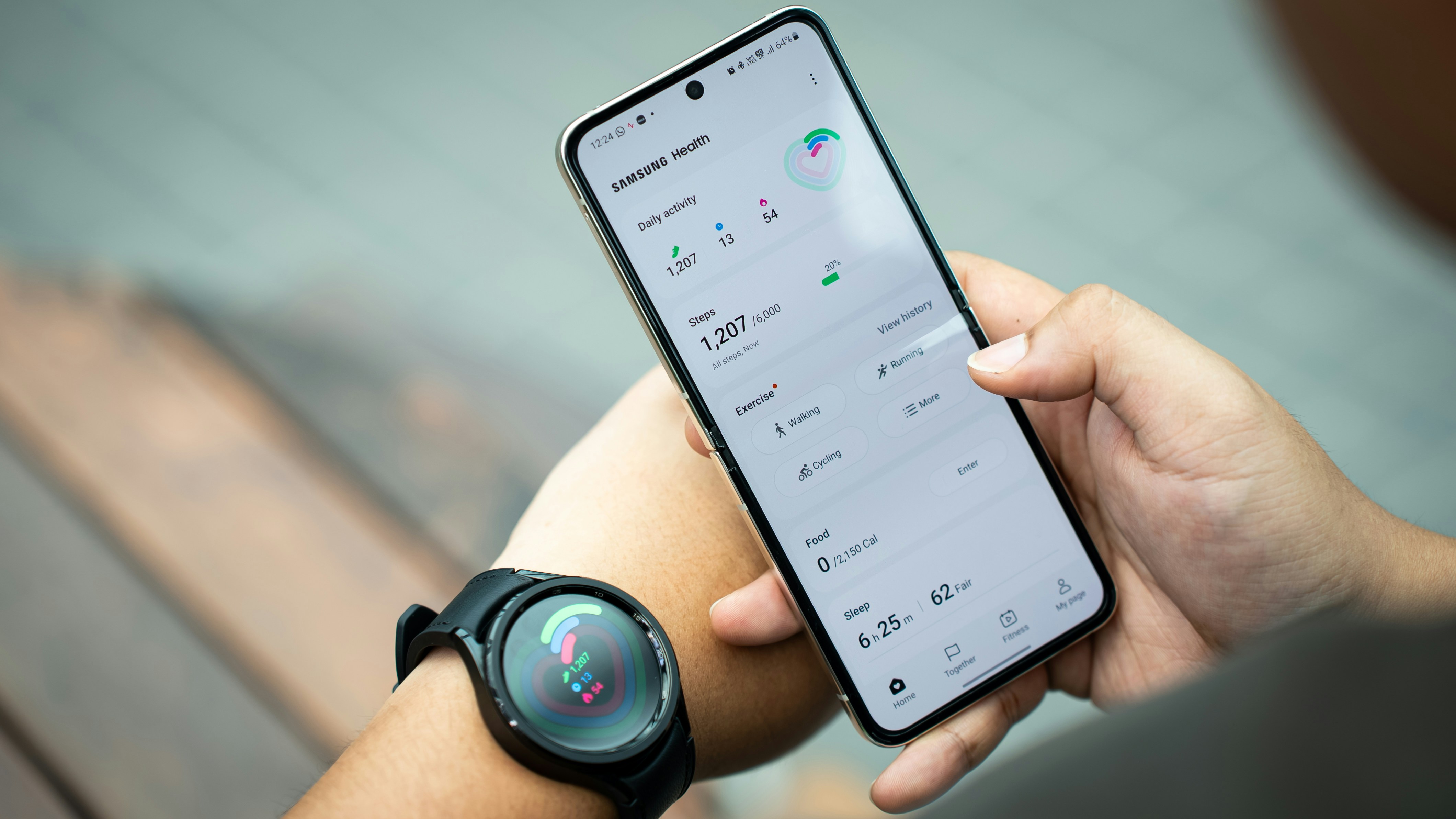News release
From:
Do preventive health technologies promote or harm consumers’ wellbeing?
Preventive health technologies—such as wrist-worn activity trackers or health and fitness apps—are popular tools for promoting wellbeing, but new research published in the Journal of Consumer Affairs reveals that consumer engagement with these technologies can be considered a double-edged sword.
The study, which involved 30 in-depth interviews with users, found that consumers engage with preventive health technologies based on a variety of health goals—for example, to lose weight, improve performance, monitor data of an enjoyable activity, or acquire a healthy routine.
These diverse goals led users to experience different “engagement trajectories.” For example, some people had increased engagement initially and then reached a stabilization point of engagement, while others had reduced engagement after their initial interest. Still others became obsessive and over-engaged with the technology over time, while others had fluctuating cycles of engagement.
Investigators found that consumer engagement with preventive health technologies can have beneficial or detrimental effects on wellbeing depending on these types of trajectories. Particularly, while these technologies can support healthy routines, they can also lead to compulsive usage, ultimately leading to users’ ill-being.
“As preventive health technologies become more integrated into our daily lives, it’s crucial to understand the factors that lead to over-engagement and ill-being, so that designers of health apps can mitigate these risks,” said corresponding author Lisa Baiwir, a PhD candidate at the University of Liège, in Belgium.



 International
International



